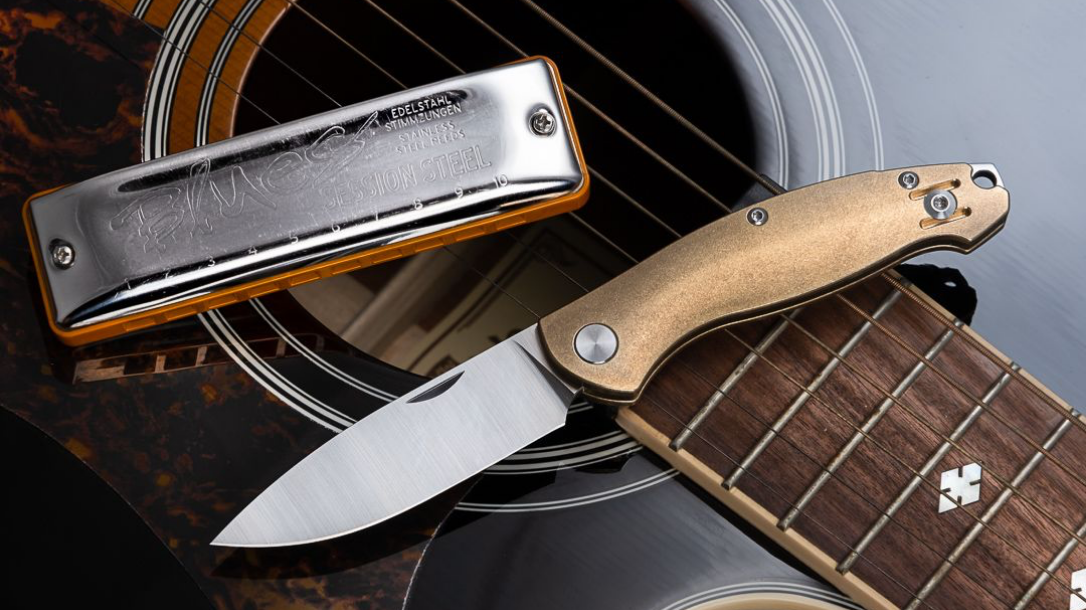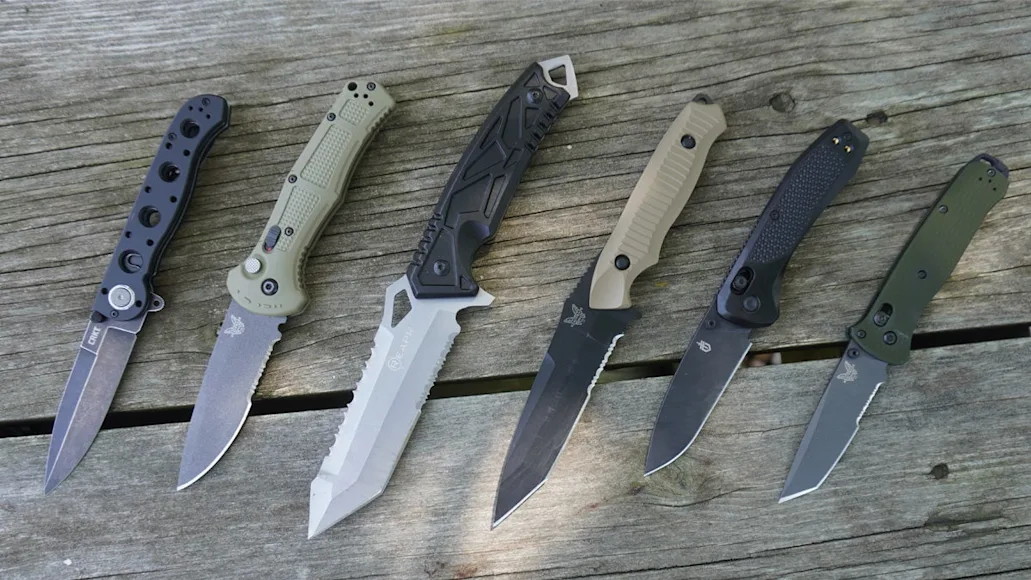For kitchen professionals, safety and efficiency are paramount. When it comes to knives, particularly folding ones, the strength of the lock is a crucial factor. This brings us to the question: how strong is a frame lock? Frame locks are widely used in folding knives, offering a balance of strength and practicality. But how do they perform in the demanding environment of a professional kitchen?
In this article, we will delve into the mechanics of frame locks, their advantages, potential drawbacks, and why they could be a valuable addition to your kitchen toolkit. By the end, you'll have a comprehensive understanding of frame locks that will help you make informed decisions in your culinary endeavors.

What is a Frame Lock?
A frame lock is a mechanism used to secure the blade of a folding knife open. It involves a portion of the knife's frame itself moving inward to lock the blade in the open position. Unlike liner locks, which use an internal spring bar, frame locks utilize the external part of the knife, making them generally more robust and reliable.
The design simplicity of a frame lock is one of its biggest advantages. With fewer moving parts, there's less that can go wrong, which is a significant factor in high-pressure kitchen environments. For those interested in exploring different lock mechanisms, consider reading about testing knife lock strength to see how frame locks compare with other types.
Strength and Reliability of Frame Locks
The strength of a frame lock largely depends on the materials used and the precision of its construction. Most frame locks are made from stainless steel or titanium, both known for their durability and resistance to corrosion. These materials are ideal for kitchen settings where knives are frequently exposed to moisture and various food acids.
In terms of reliability, frame locks are favored for their ability to withstand significant pressure without failing. This makes them an excellent choice for tasks that require a sturdy and dependable knife. If you're curious about other aspects of knife reliability, the article on knife lock failure risks can provide further insights into potential pitfalls and how to avoid them.
Potential Drawbacks of Frame Locks
While frame locks are generally strong, they are not without drawbacks. One common issue is the potential for wear over time, especially if the lock is not made from high-quality materials. This wear can lead to a loose fit, compromising the lock's ability to hold the blade securely.
Moreover, some users find frame locks to be less ergonomic, particularly if the frame is thick or the lock requires significant force to disengage. This can be a concern for kitchen professionals who need to use knives quickly and repeatedly. For more on the ergonomics of knife locks, you might explore deployment speed in folding knives.
Why Frame Locks Matter in Professional Kitchens
In professional kitchens, the importance of a reliable knife cannot be overstated. Frame locks offer a combination of strength, simplicity, and durability that makes them particularly suited for such environments. Their robust construction ensures that chefs can execute precise cuts without worrying about the blade folding unexpectedly.
Additionally, the ease of cleaning associated with frame lock knives is a significant advantage. With fewer internal components, these knives are easier to maintain, reducing the risk of food contamination. For more insights into maintaining knife performance, the article on blade centering issues discusses how to keep your knives in top condition.
Frame Locks vs. Other Lock Types
Frame locks are often compared to liner locks, another popular choice in folding knives. While both mechanisms serve the same purpose, frame locks are typically stronger due to their construction. The frame itself acts as the lock, providing more stability than a separate liner.
However, liner locks can offer more comfort and ease of use, which some chefs might prefer for tasks that require frequent blade adjustments. Understanding these differences is crucial for selecting the right tool for your kitchen. For a broader view of folding knife types, the resource on types of knives provides a comprehensive guide.
Conclusion: Choosing the Right Knife for Your Kitchen
So, how strong is a frame lock? For kitchen professionals, the answer lies in their ability to deliver reliable performance with minimal maintenance. Frame locks offer strength and simplicity, making them a valuable tool in any culinary setting. However, like any tool, the key is to choose a knife that matches your specific needs and preferences.
Whether you're a seasoned chef or just starting in the culinary world, understanding the nuances of knife locks can greatly enhance your kitchen experience. By considering factors such as material, ergonomics, and intended use, you can select a knife that not only meets but exceeds your expectations.

FAQs about Frame Locks in Kitchen Tools
Are frame locks suitable for all types of kitchen knives?
Frame locks are primarily used in folding knives. While they offer excellent strength, they may not be suitable for every kitchen task, especially those requiring fixed blades.
How do I maintain a frame lock knife?
Regular cleaning and lubrication are essential to maintain the performance of a frame lock knife. Ensure that the lock area is free from debris and use a light oil to prevent rust.
Can frame locks support heavy-duty kitchen tasks?
Yes, frame locks are designed to handle significant pressure, making them suitable for heavy-duty tasks. However, it's important to choose a knife with a robust lock mechanism and high-quality materials for the best results.
This article contains affiliate links. We may earn a commission at no extra cost to you.


























